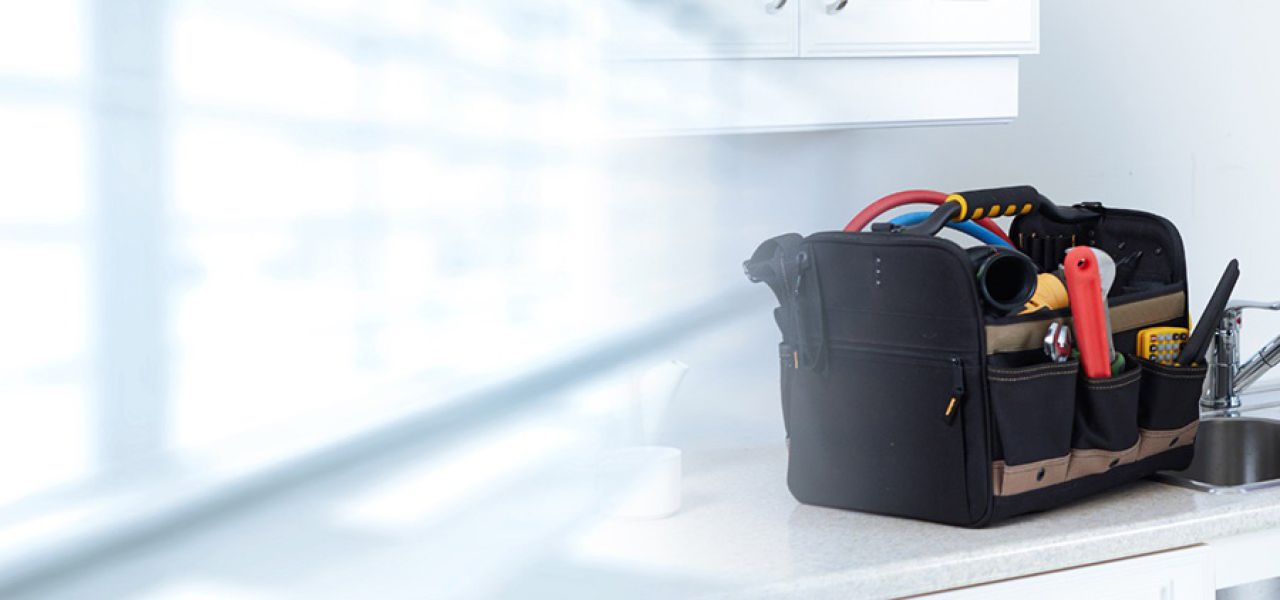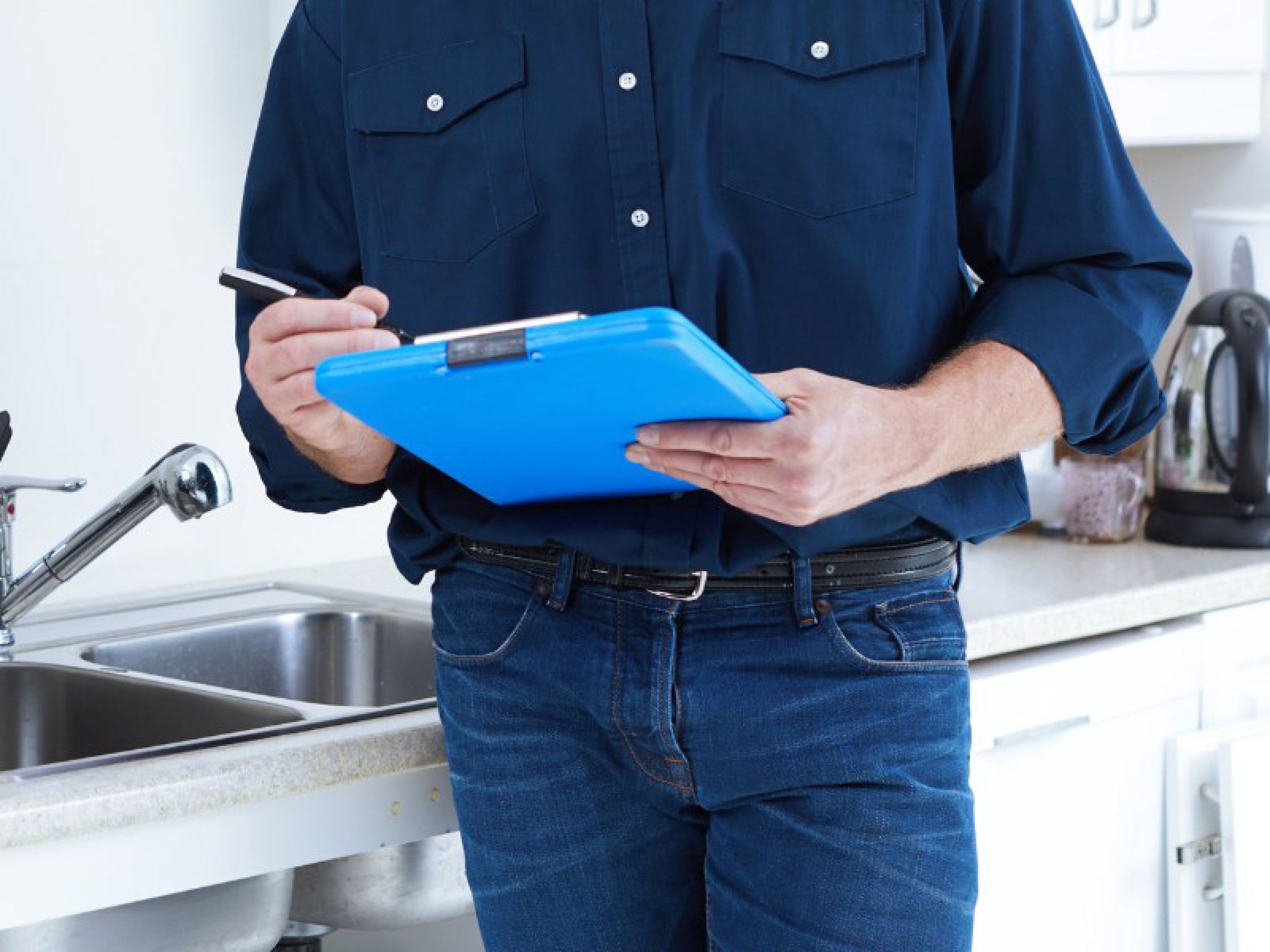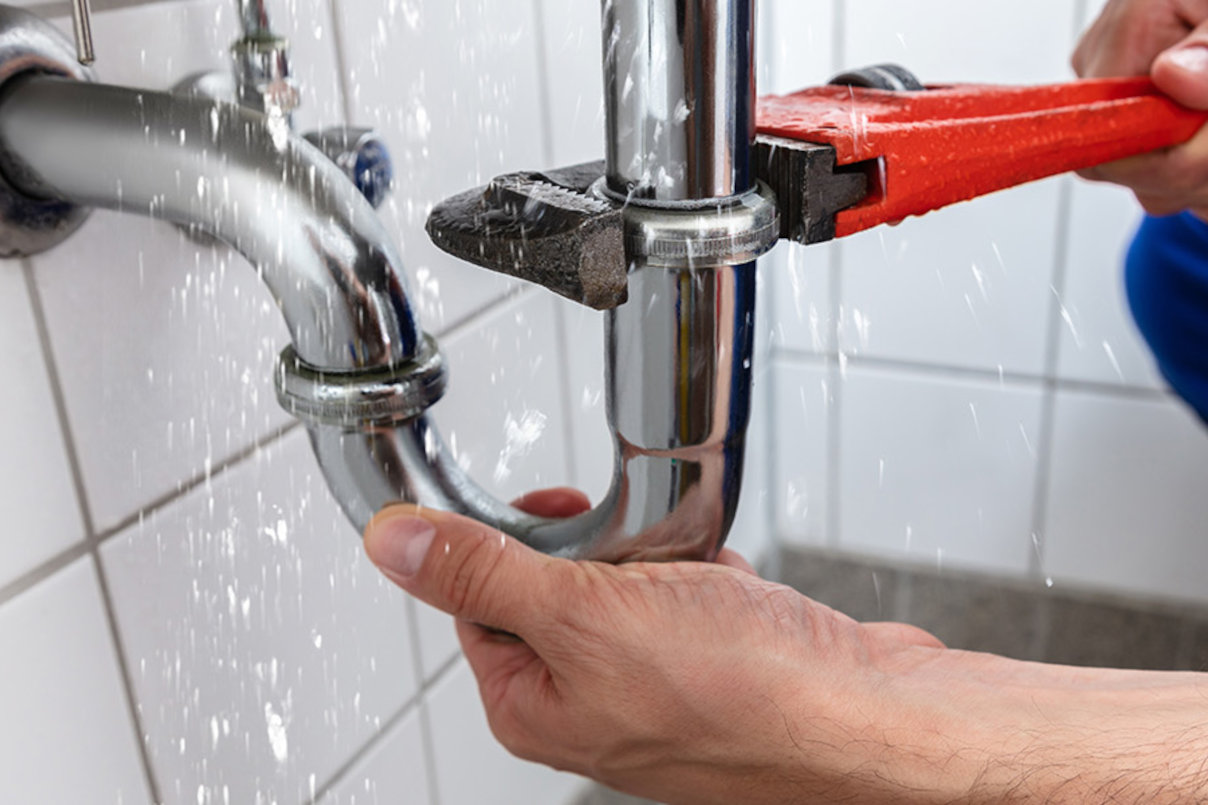Winter is coming, and every homeowner knows the drips of disaster when pipes burst. Avoid the stress of damage and expenses by knowing what to do if pipes burst, how to prevent pipes from bursting, and how to fix them.
Your Water Pipes Burst? Here are your steps to take
Imagine: You hear a loud noise from the basement then come downstairs to see water pouring out of your pipes and flooding everywhere. It looks like a burst pipe, but what do you do?
- Step 1: Stay calm.
- Step 2: Turn off the main water and power supply. It is dangerous to have electricity and water interact with each other.
- Step 3: Locate the damage and try to contain the leak using buckets to collect any additional dripping water.
- Step 4: Call John G Plumbing for advice on the next steps and for a professional eye to determine if other pipes are at risk of breaking.
- Step 5: Prevent mold and mildew growth. Clean up, open the windows or turn on fans to improve airflow.
Don’t forget the hassle of dealing with insurance claims. Take pictures and document the damage. Dealing with pipes bursting is enough to give you nightmares. However, professionals at John G are here to help get your home back in working order.
Frozen Pipes! How to prevent burst pipes
Have you ever wondered why pipes burst in winter more often than in the summer? Frozen Pipes! Below-freezing temperatures freeze water in the pipes, making it expand. Other reasons include old age, high water pressure, clogs, earthquakes, improper installations and corrosion.
Hence, prevention is key! John G. Plumbing has some quick tips to help you prevent a disaster from happening.
- Insulate pipes in unheated or exposed areas, such as crawl spaces, attics, and exterior walls. Use pipe insulation sleeves or wrapping material designed for this purpose.
- Set your thermostat to a temperature that will prevent frozen pipes even when outside temperatures drop below freezing.
- Inspect your home for any gaps or cracks that could allow cold air to enter near pipes. Seal these openings with caulk or insulation to prevent cold air from reaching the pipes and causing them to freeze.
- Before winter arrives, disconnect garden hoses from outdoor faucets. Drain the water from the hoses and store them in a sheltered location. Shut off the water supply to outdoor faucets, if possible, and drain any remaining water from the pipes to prevent freezing.
- During extremely cold weather, allow faucets connected to vulnerable pipes (such as those running along exterior walls) to drip slightly. This helps relieve pressure within the pipes, reducing the likelihood of freezing.
A cracked pipe isn’t always obvious
Smaller pipes in the home can burst and take a little longer to identify as they don’t carry the high water pressure of a main water line. These leaks can often go unnoticed for weeks, or even months, depending on where they are located.
Here are some signs that smaller pipes may have already burst in your home:
- Random puddles of water in your home.
- A higher-than-usual water bill, despite no increase in usage.
- Yellowish stains or spots on walls and ceilings.
- Noticeably reduced water pressure.
Repairing Pipes- is fixing an option?
Fixing burst pipes is best left to a professional plumber, but you can make emergency repairs if applicable. Repair sleeves can temporarily reinforce the pipe to be able to run water through it. You can also patch it with a piece of rubber, place a wood block over it or use a clamp and clamp it all together. These are all temporary fixes if you are unable to have a plumber arrive immediately to check things out.
Temporary solutions can initiate further damage if not treated properly. It is best to call our licensed plumbers at John G. Plumbing for a reliable inspection, repair, and replacement if necessary.
Don’t Let a Burst Pipe Ruin Your Day!
Think you might have a hidden leak in your home? Don’t wait until it becomes costly! Keep an eye out for these signs, and if a disaster happens, contact John G. Plumbing for repair.












